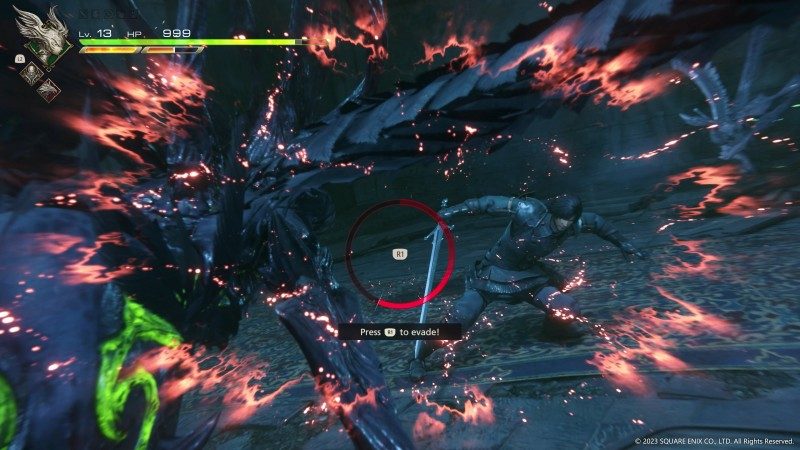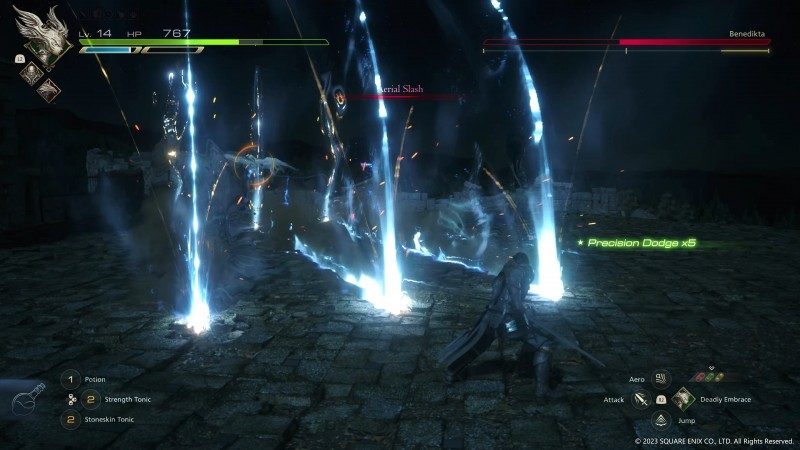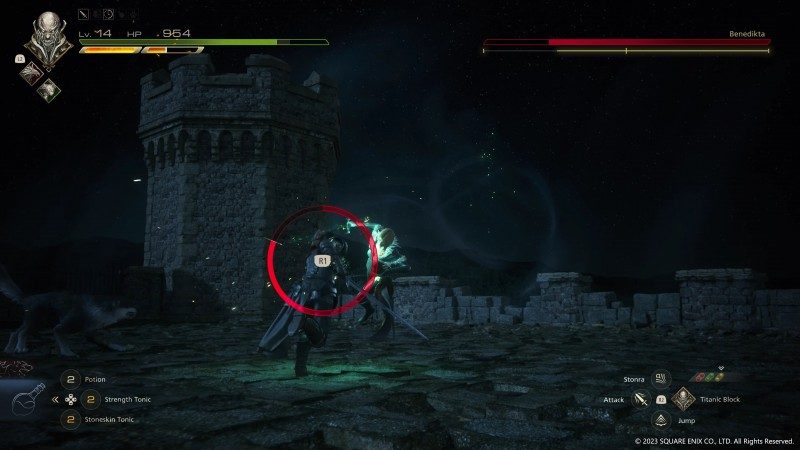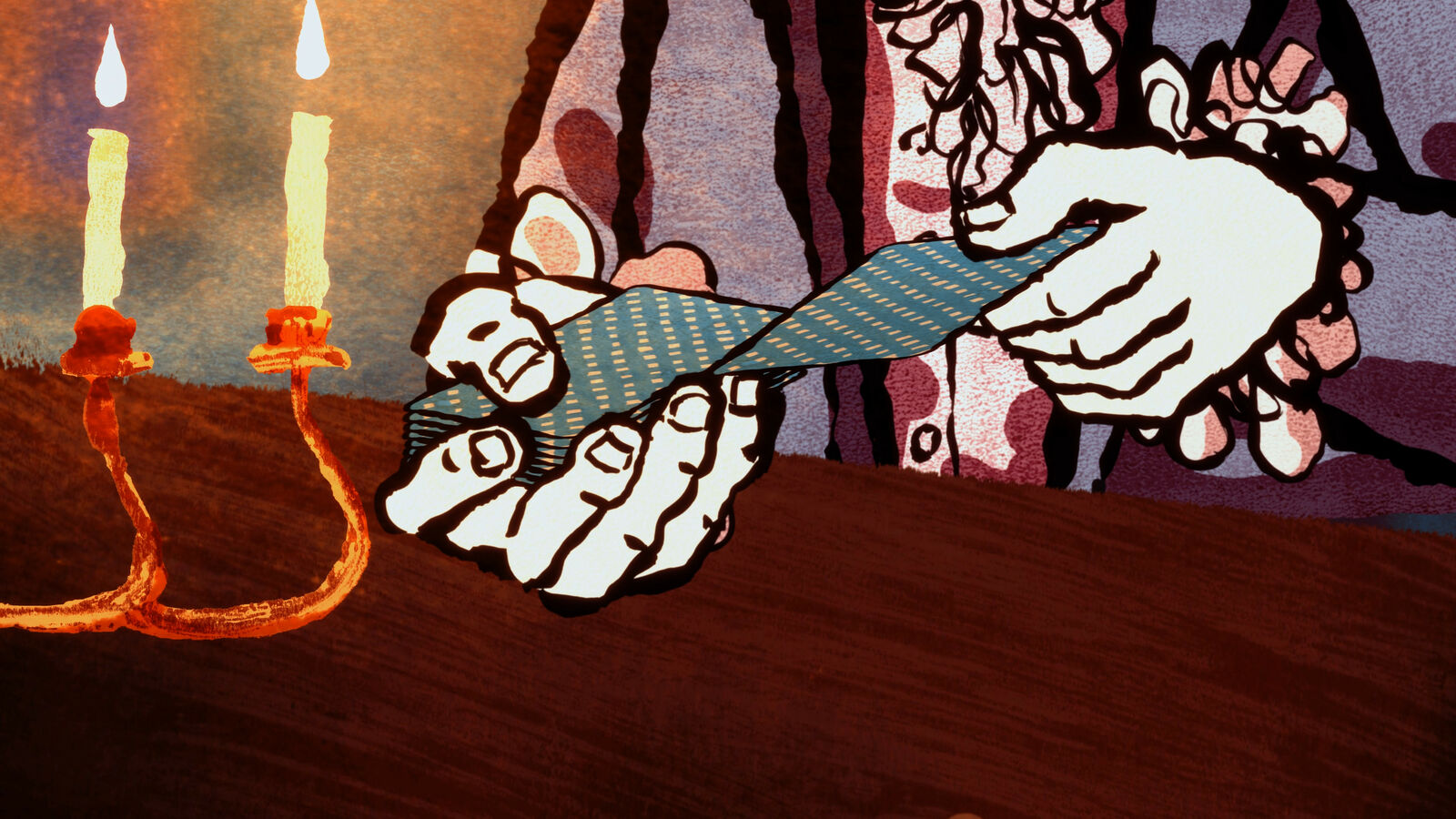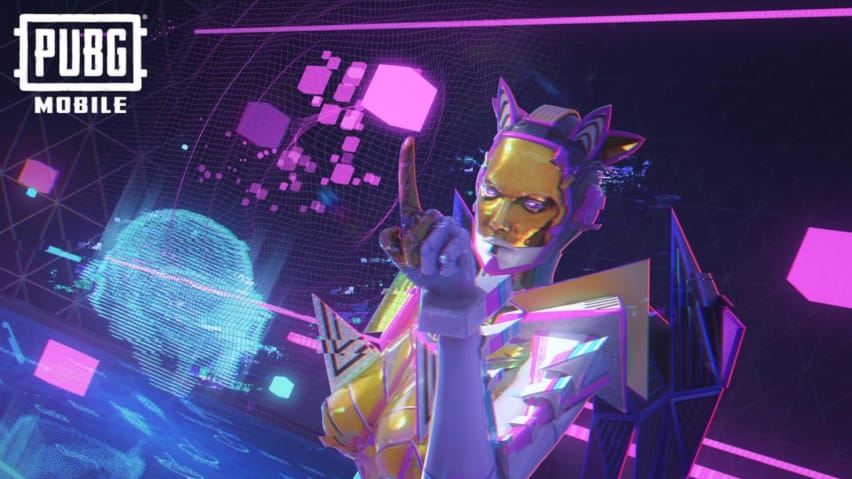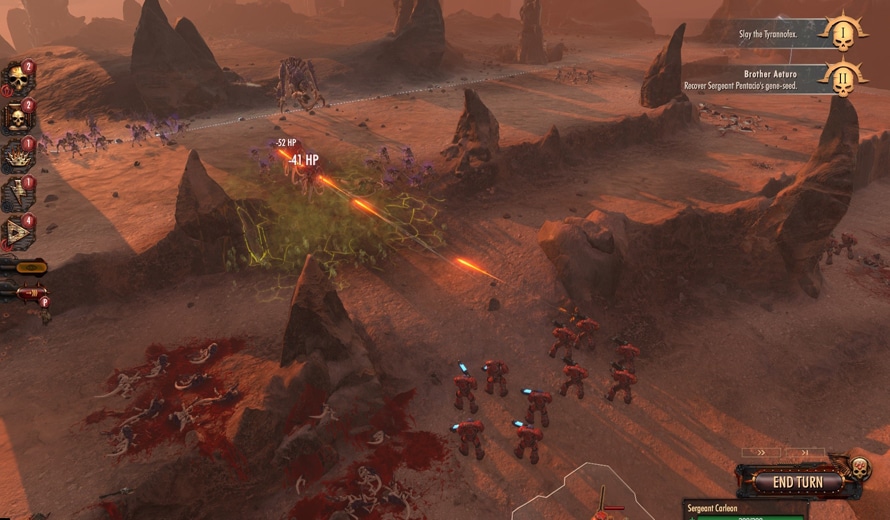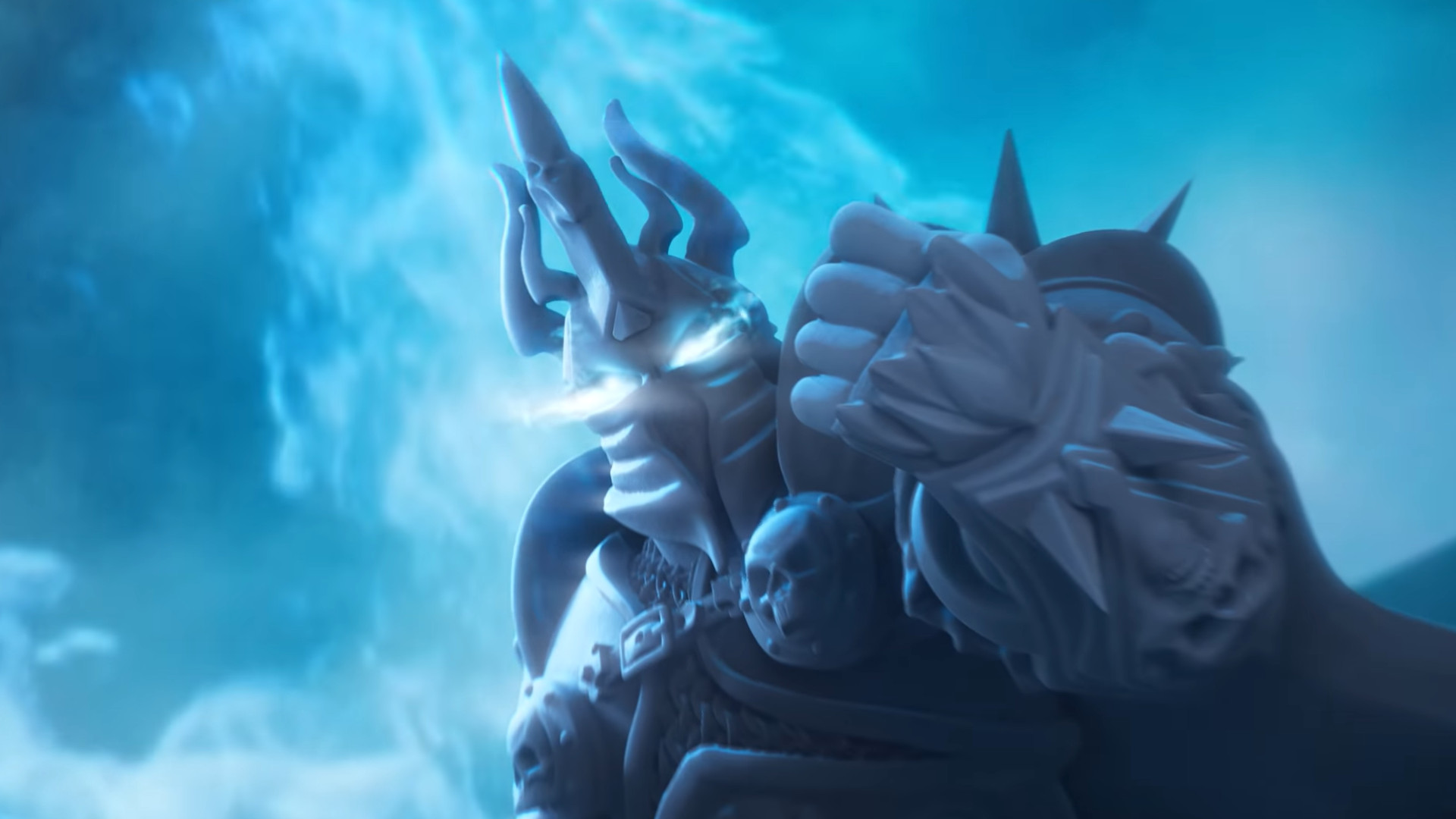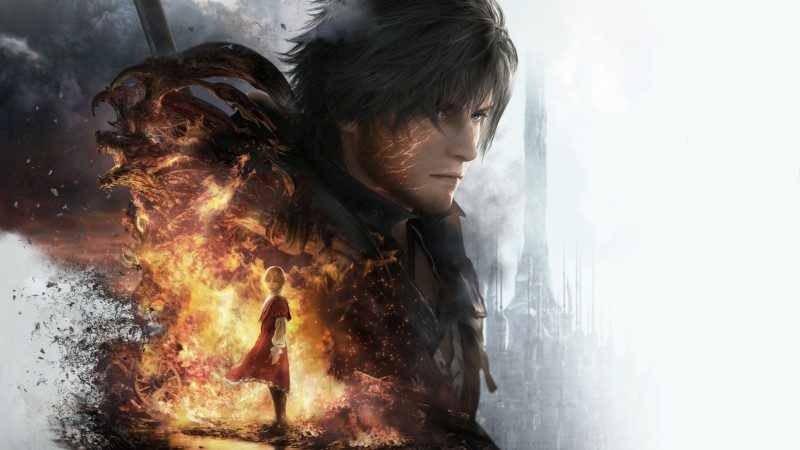
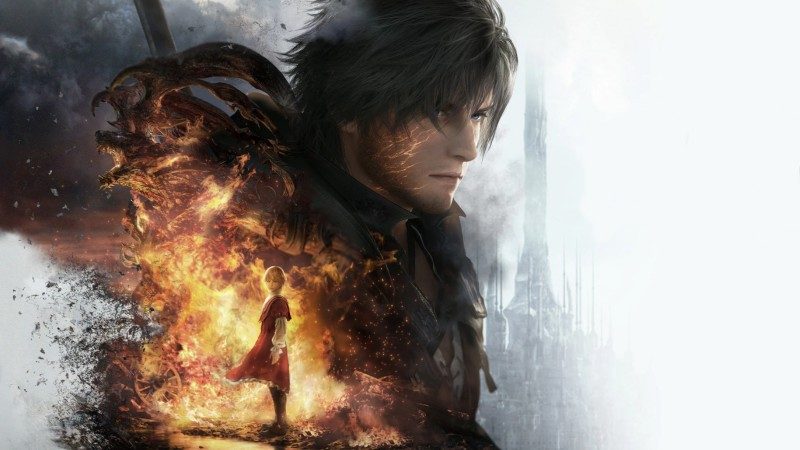
The Final Fantasy series’ numbered entries haven’t been turn-based RPGs for quite some time. With each new game, the series moves further away from its classic turn-based roots toward a more action-oriented combat system. Combat has never been further from being turn-based in a Final Fantasy game more so than in Final Fantasy XVI, which is the most action-based game in the mainline franchise yet. I recently played about two hours of the game to dive deeper into the combat system’s mechanics, and you can read my preview thoughts on that here.
But after playing some of the game, I spoke with the FFXVI producer Naoki Yoshida, director Hiroshi Takai, and combat director Ryota Suzuki about this continued shift to deep action and whether Final Fantasy will ever return to its turn-based roots. As for why the series has moved comfortably into action, each of these three development leads had an answer.
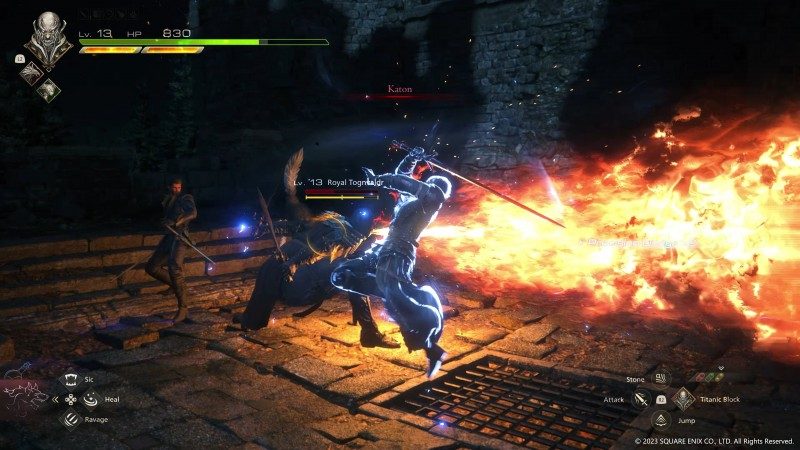
Yoshida: “When creating FFXVI, you can’t ignore the data that’s been taken from the fan base, from Final Fantasy I to XV.
So, again, creating a Final Fantasy, a numbered Final Fantasy, has become such an endeavor, to the point where your development costs can go upwards of $100 million, just to create one game. And so to recoup that development cost, you need as many people playing your game as possible. And while a lot of the older fans are used to what Final Fantasy had in the past, a lot of younger [players] have never played a Final Fantasy game. They grew up playing first-person shooters, they grew up playing games like [Grand Theft Auto], where basically you press a button and something happens immediately.
It’s not a command-based system. When you press the square, your guy shoots. Why do you have to wait for him to shoot, I should be able to press square and he shoots immediately. You have this whole generation of gamers that grew up with this, [and you need] to get those generations to come in and also play [FFXVI], which has this image of not being that type of game. You have to make it appealing to that group as well. And so to get that group to come in and introduce them to the series, we decided to go down this route – action was pretty much the only way.
We were all raised on turn-based games and we all love turn-based games. However, just imagining Clive standing there as like “revenge” [Yoshida posed like an angry and revenge-riddled Clive and said “revenge”] but then just kind of standing idly and doing nothing is something that we don’t think quite fits the character in the story.”
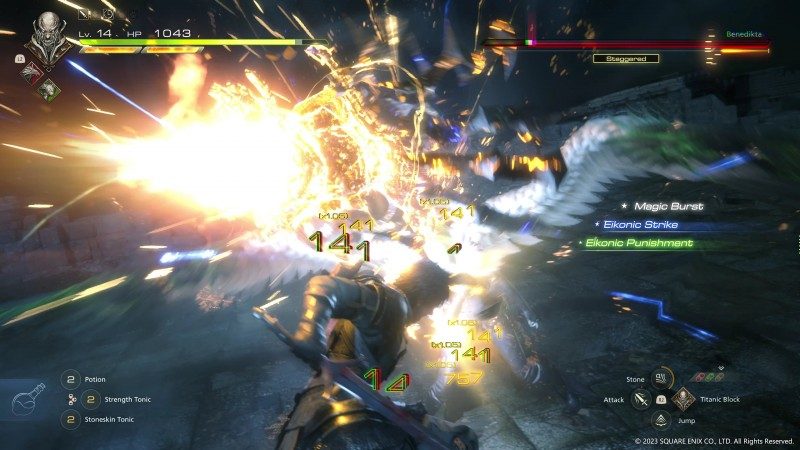
Takai: “For me, it’s the same as [Yoshida], that we want to get this game in the hands of as many people as possible. But like [Yoshida] said, a lot of gamers in their 20s, even some in the in the early 30s…are so used to playing games where if you you tilt the stick, someone moves. If you press the button, action happens – that is all immediate. It’s all responsive and directly off of that action. And so trying to push that back [and make players] wait for everything, didn’t feel like the direction that games are moving in.
And again, there was always an option to possibly make this a turn-based game. But when thinking of the graphical fidelity and the realism that’s provided by the PlayStation 5 technology, to have a game where people just stopped and not do anything in that type of high quality graphics is going to create something that is going to feel off and we wanted to avoid that. And to make something where you have two people in the middle of a battle but they’re both just kind of sitting there looking at each other, waiting for somebody to implement a command, is going to be kind of jarring. I think that to make that work, somebody’s going to have to work really hard and come up with a really, really cool idea. But I want to leave that for the next generation.
So the ability system that we have with learning and using the Eikonic abilities and getting the Eikons, that’s something that actually we based off of Final Fantasy V’s ability system. For me, it was thinking back, ‘if we took the Final Fantasy V ability system and made it into something that was real time action, this is what it would look like’ and that was kind of that design concept.
To those players out there that are maybe kind of still on the fence thinking, ‘I don’t know if I want to play this because I’m a command user or a command-based, turn-based user type of person,’ I’d ask them to at least try it out once and see how it feels because we think you’ll change your mind on this as well.”
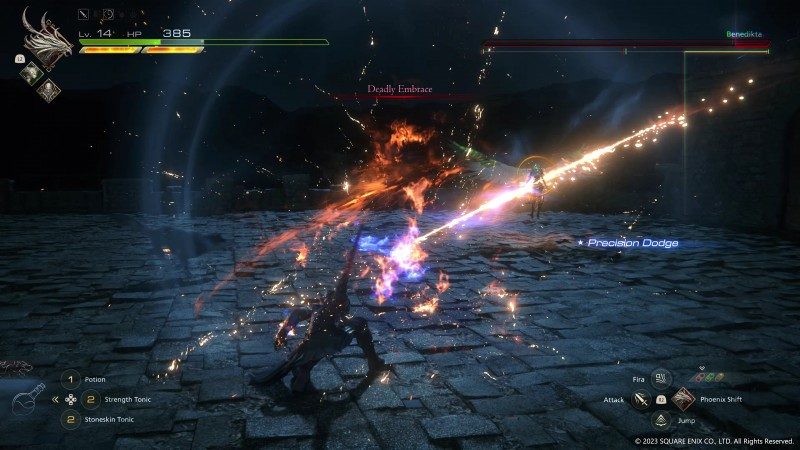
Suzuki: “Because it’s a decision that we believe we kind of had to make…because we know that there are players that will say that they…might not play XVI because it’s gone from turn-based to action, we have to look at that. On the other hand, there’s also probably a lot of players that are like, ‘well, if it’s turn-based, I’m not going to play this game at all.’ And so again, it’s all about bringing the game to a lot more people and with our action system that we have making it accessible, we think that we can get those players that are like, ‘I don’t know if I want to play this…action game,’ [but] because of our accessibility, we think that it can be kind of a gateway for players that are not into action games to learn about how fun action games really are.
And of course, I also like turn-based games as well so we don’t want people to think that the people that are creating this game all hate turn-based games.”
Yoshida also pondered if a mainline Final Fantasy game will ever return to turn-based combat.
“We don’t know if our team is going to be doing Final Fantasy XVII,” he says. “I would say we’re probably not going to be doing XVII. But again, there’s still that possibility out there because…you never know; we might just go back to pixel graphics as well. If you do go back to pixel graphics, that makes it easier to go back to something turn-based.”


